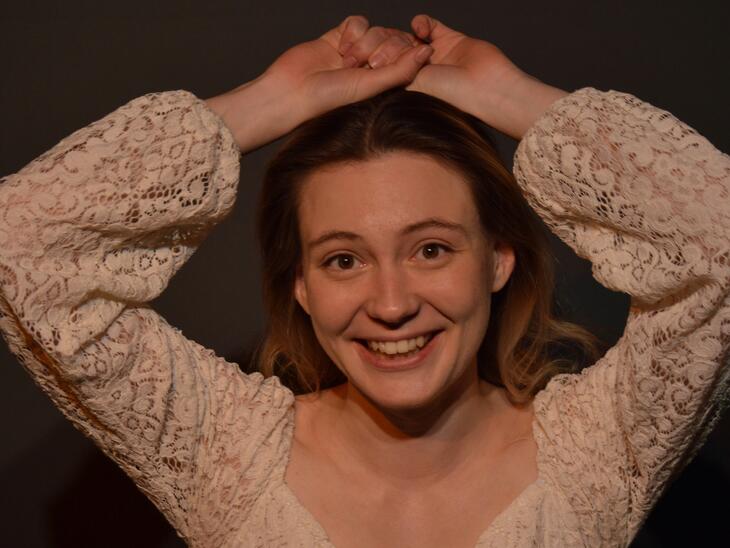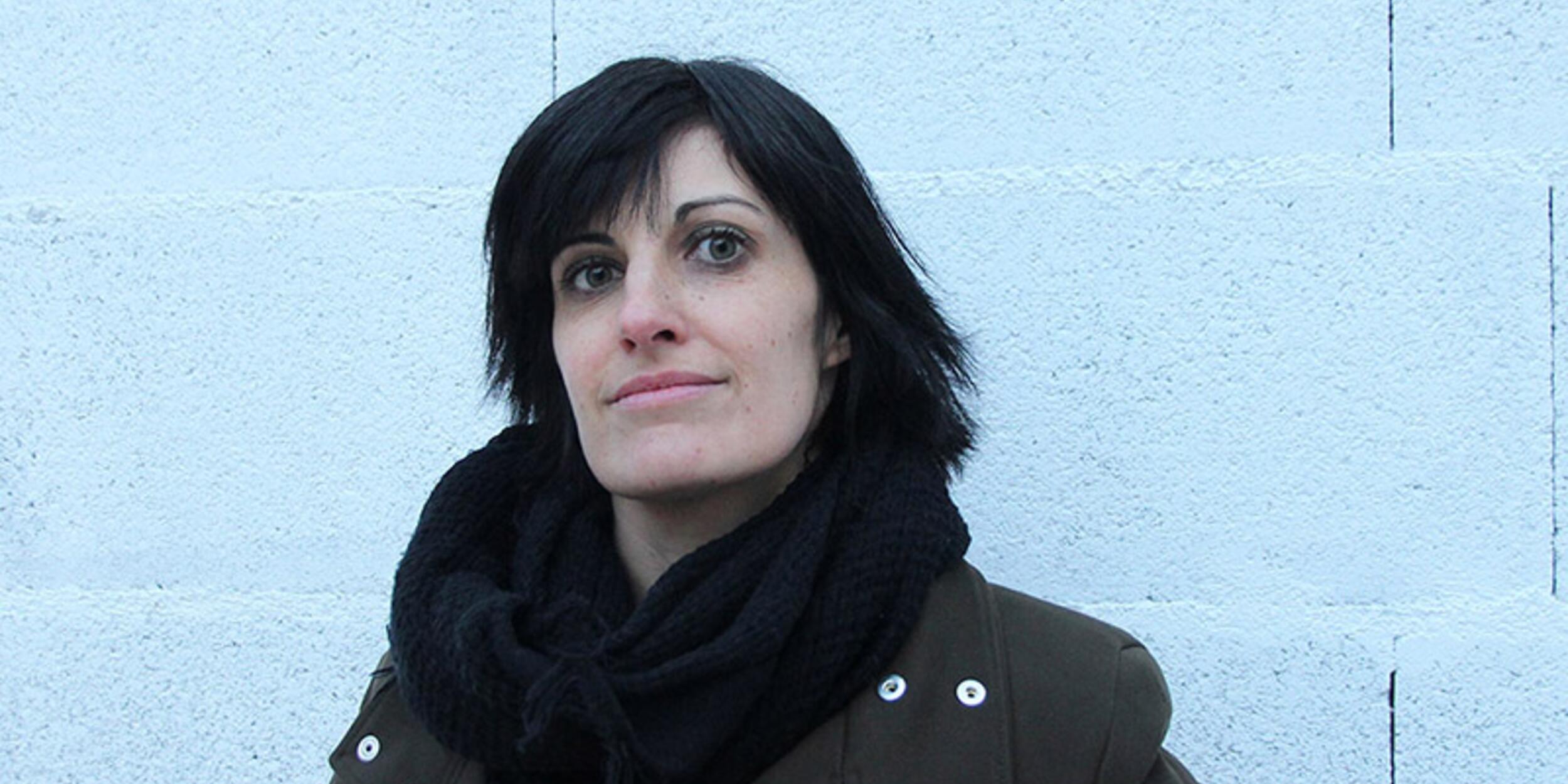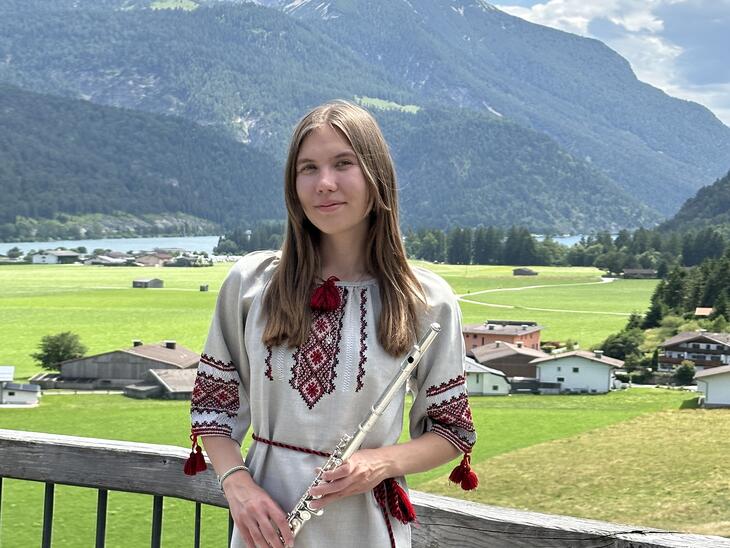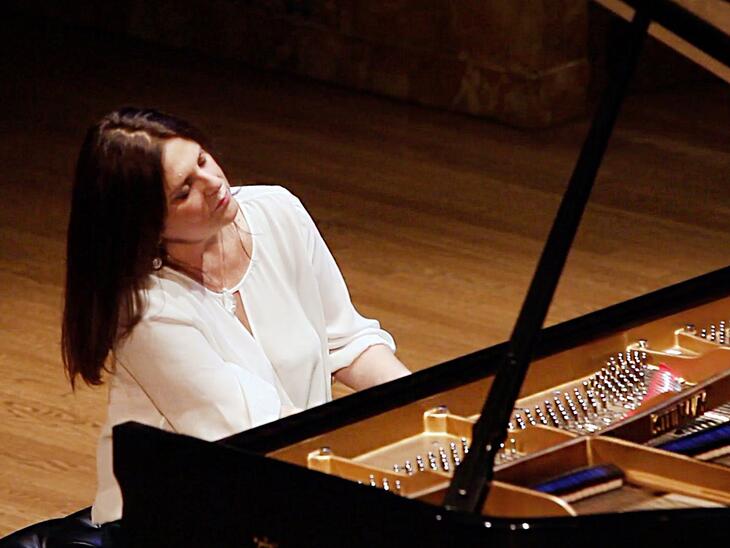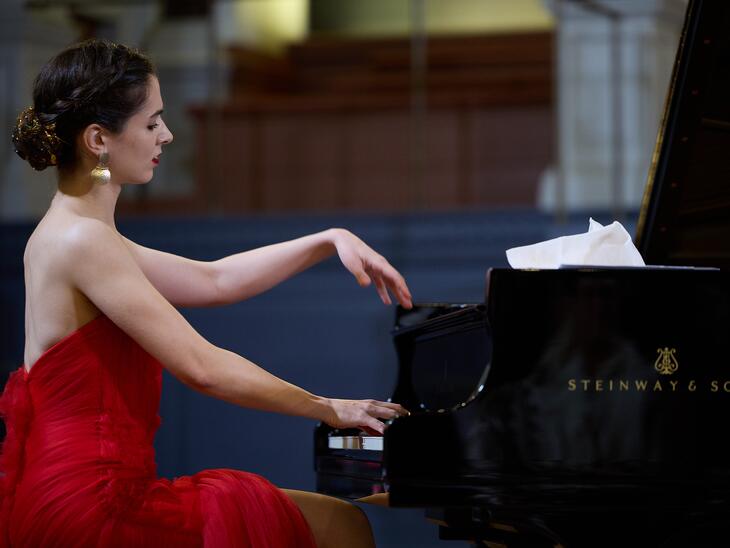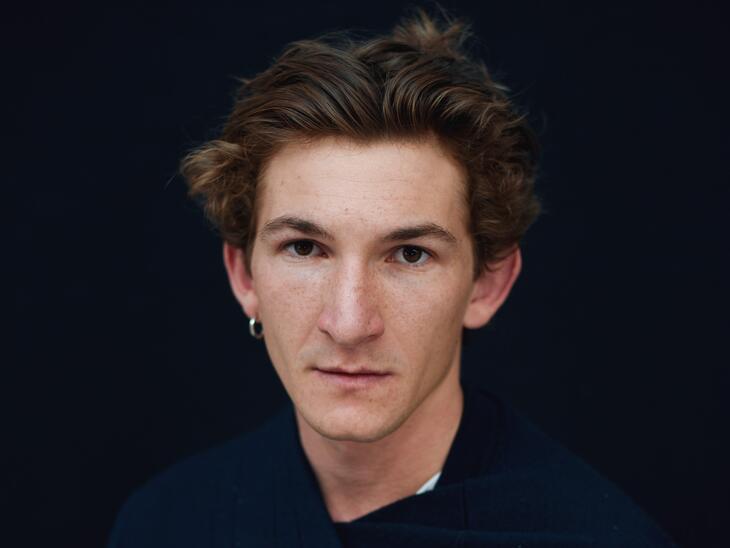How did you experience the Corona period as an artist in Bolzano?
The Corona period was an extremely productive one for me right from the start. I made two small ink works a day for the TRACKS series, where nature/the forest is the central motif. In the beginning, the works were black and white as in the Tracks series. As the Corona period progressed, the color and mood in my paintings changed. With the tightened restrictions and the duration of the quarantine, the colors became warmer, more intense and the images more sensual. The longing to go outdoors, into the forest became stronger and stronger.
I have the impression that the measures in South Tyrol and Italy were stricter than here in Austria...
Exactly. In Bolzano, at the beginning, it was the case that you were only allowed to go 200 meters away from where you lived. That was the case for about three weeks. You could only go out for shopping and to take short walks. Sports were not allowed. We were given new rules and packages of measures every week. At first these were very strict, then the movement radius was extended from 200 to 400 meters. At some point we were allowed to do some sports again, at least running. Cycling was not yet allowed. Friends and family were also not allowed to visit. After two months, the relaxation was that you were allowed to walk as far as you could. Only now, at the end of May, one is allowed to move freely again in South Tyrol, even to drive a car and meet one's friends and family. Masks are still compulsory as soon as you leave the apartment.
I know you have a small studio in the apartment. Was that a stroke of luck?
Yes. It so happened that I had to give up my studio because, as an artist, I was not allowed to go into my studio for the first two weeks. Wisely, I set up a space at home to work. The good thing was that there was always nice weather. That made the Corona time easier. Especially for those who had a balcony.
How can you imagine the "Corona productivity increase" compared to a normal creative period?
I've done the workload of a normal year now in two months.
So you made good use of the Corona time and were productive. Do you already have plans where you will show the pictures?
There are already planned exhibitions that will take place soon - although it is not yet clear how and whether there will be a vernissage and whether contact with the public will be possible.
When are exhibitions allowed to take place again in South Tyrol?
The museums may open to the public on May 29. In June I will show works in the Museion in Bolzano. The second exhibition in June, in which I will show works from the TRACKS series, will take place at the Palais Mamming Museum in Merano. In this exhibition there will be an artist talk, unfortunately without an audience. The talk will be recorded and put on the web.
What were the biggest challenges during the Corona quarantine?
The biggest challenge for me was the social distance. Not being allowed to meet anyone, no family, no friends. But there was also a positive development with the increasing video calls. Some contacts were intensified again as a result. I experienced this as a very intense time, but also as a time in which, unfortunately, many exhibitions had to be canceled.
What conditions do you need as an artist to be able to work "normally" again?
Basically, the framework conditions are now in place again. However, as an artist you have to think about how an alternative exhibition mode can take place. Maybe it would be a possibility to bring the works more into the net and to do virtual tours and artist talks, as some museums are already doing now. Nevertheless, the interaction and contact with the public are the most important.
Are there any support programs for artists in Italy?
In South Tyrol, an initiative was started by the Artists' Association and the South Tyrolean provincial government to support artists during this period. There was emergency aid of 600 euros, which worked well. As proof of activity, a work of art, which was offered for sale, was put online on a separate platform. A second initiative was created by the state for freelancers and entrepreneurs. This help was dependent on the income of the same month in the last year. However, artists do not earn regularly. So if the income was bad in April 2019, it will affect the help in 2020.
How do you see the next weeks and months?
Now is a good time for me to take initiative, be active and initiate projects. I feel in a mood of optimism.
